Rainbow Six Siege and the gaming culture war: Why 'toxicity' is a lazy bogeyman
Bubble wrap is not a solution to real problems.
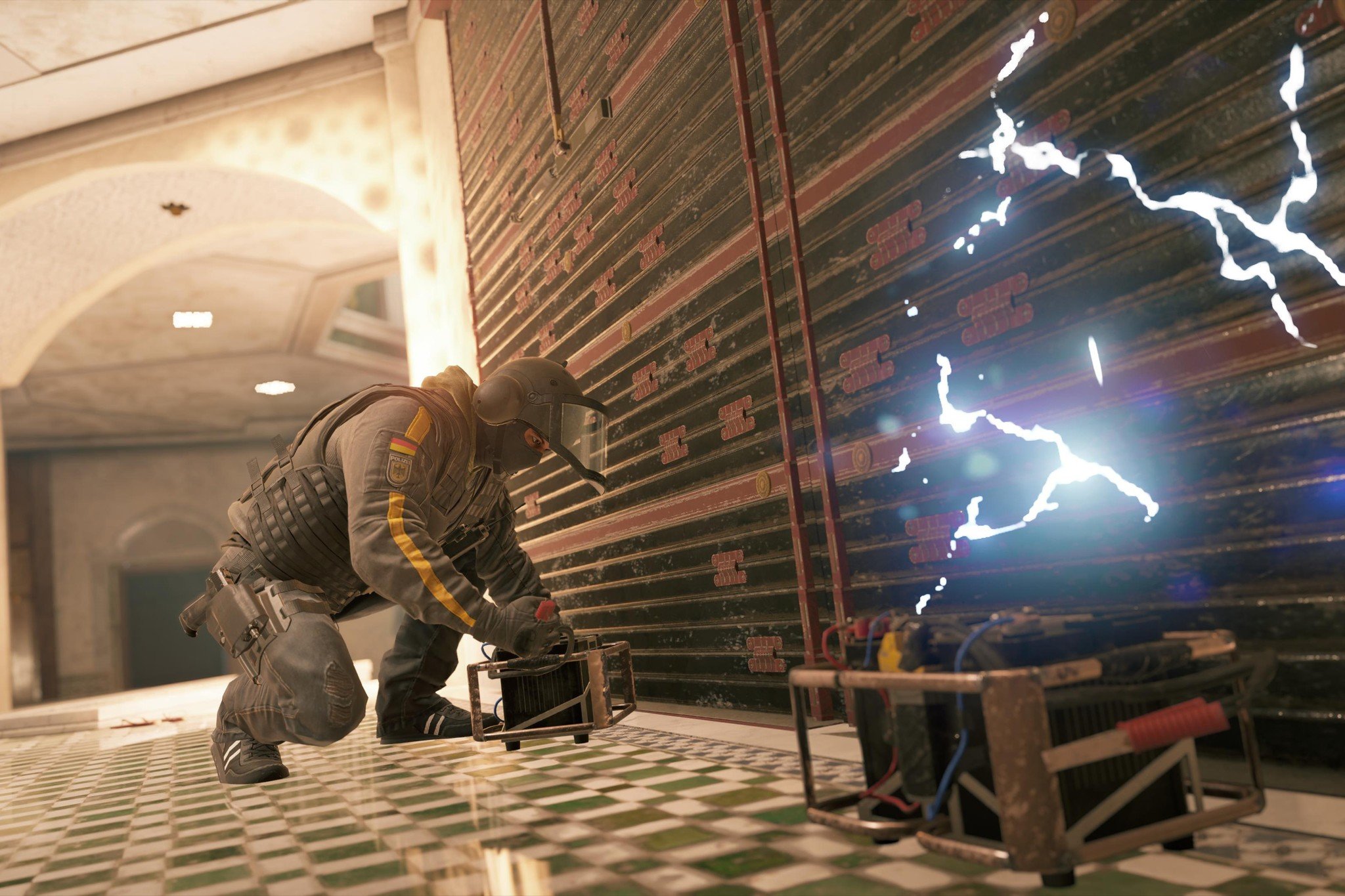
All the latest news, reviews, and guides for Windows and Xbox diehards.
You are now subscribed
Your newsletter sign-up was successful
Be it in real life, media, or video games, healthy discourse has taken a serious nosedive in recent years. This past year alone, Microsoft conducted research to confirm that people are growing less civil online. As a result, many places have taken a "no conflict" approach, seemingly because the idea of radio silence is better than the idea of entertaining potentially provocative speech.
Look at how many videos on YouTube disable comments. Look at all the sites and forums that manually delete posts and cherry-pick what stays and what goes. Look at the absolute state of Rainbow Six Siege, a game that has struggled with toxicity in multitudinous forms yet only ever decided to crack down hard on something as immaterial and irrelevant as bad words. Fear of diversity of thought, be it constructive or destructive, runs rampant right now, even though said diversity is just a symptom rather than a root cause.
With that in mind, I'd like to make an argument for why we need a new approach to toxicity, specifically in gaming, that focuses more on the big picture and less on making sure everyone is adequately armed with earmuffs and sight blinders.
The deal with toxicity
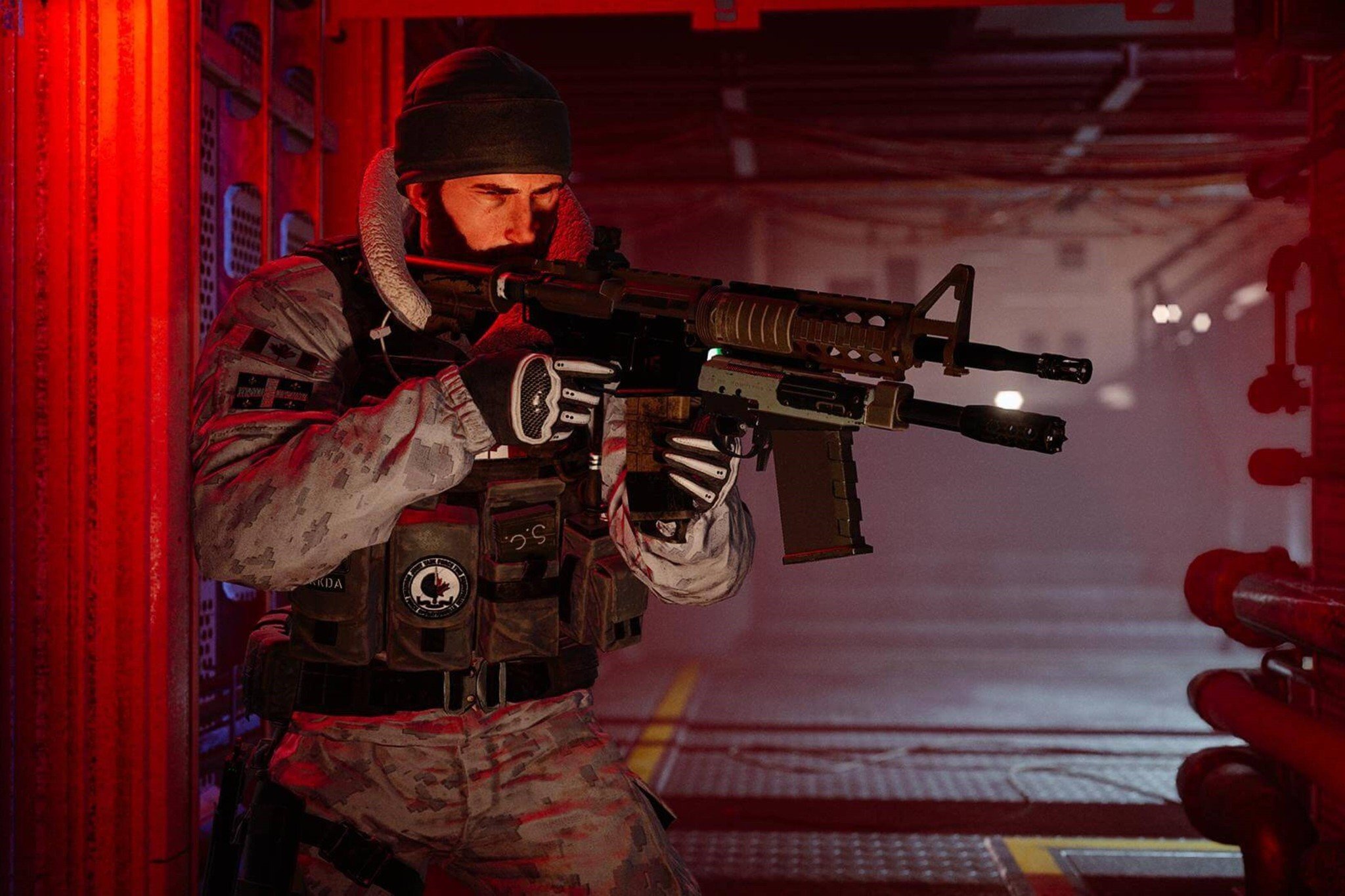
We can't discuss toxicity without first defining it or, rather, highlighting how vague its actual definition is. Merriam-Webster says toxicity is "an extremely harsh, malicious, or harmful quality." Here's the issue: That means speech-based toxicity is different for absolutely everyone.
Why are mean words considered the absolute pinnacle of toxic behavior?
You know when you lose in a match of Rainbow Six Siege and someone posts a series of smiling emoji to taunt you? For a great many people, that's just as, if not more, toxic than that same person calling you a good-for-nothing sack of expletives who should uninstall the game. It's far more passive-aggressive and petty, to say the least. And even if the symbols are different, the intention is the same: to build unhealthy rage in an opponent. Yet the person who posts the baiting smiley faces will not be banned, whereas the person who calls someone else a $^%&head will, even though the degree of offense communicated with each type of message is immeasurable and subjective.
Furthermore, if we stick with the Rainbow Six Siege train of thought, remember: You can mute people and turn off chat. You can take matters into your own hands and build a walled garden around your eyes and ears so no one can hurt you. The tools are there for people to speak freely while also not offending your sensibilities.
So why, then, has Ubisoft, along with many similar companies such as Riot Games, decided that mean words are the absolute pinnacle of toxic behavior and placed a premium on combatting that peripheral bogeyman instead of the underlying issues causing the mudslinging in the first place?
All the latest news, reviews, and guides for Windows and Xbox diehards.
Skewed priorities, hollow accomplishments
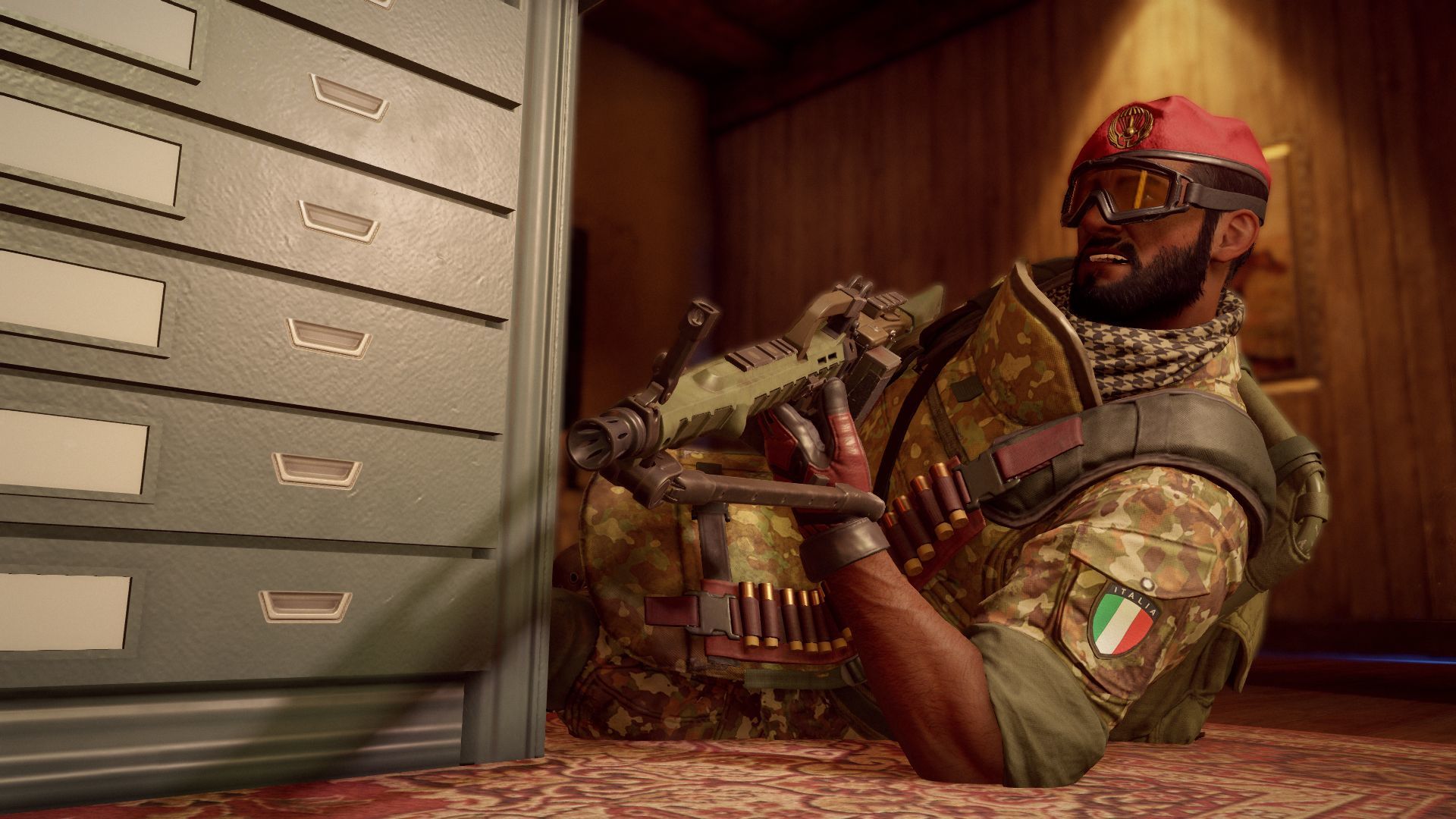
Rainbow Six Siege is a game that breeds toxicity from its very foundation. Permadeath means if you die for any reason in a round, you lose five minutes of your actual life. Always-enabled friendly fire means permadeath at the hands of a teammate is a constant threat, especially in a game with a community such as Rainbow's, which is made up of an even four-way split between tryhards, griefers, braindead goobers, and young children who probably shouldn't be playing a game with such adult themes.
Herein lies the real toxicity. Between these four groups, virtually every match of Siege will feature one, multiple, or all of the following events:
- A teammate will teamkill you either by accident or on purpose.
- A squad of people will gang up on a solo queuing player via teamkilling, team injuring, or destroying gadgets every round.
- A player will bait you, either by damaging you or your gadgets, into teamkilling them to make you a target for being a "TKer." (This is how players get around R6's poorly implemented "reverse friendly fire" penalty)
- A player will go AFK (away from keyboard), essentially robbing you of a teammate and throwing the match.
- A player will deliberately or unintentionally ignore or avoid the objectives, thereby throwing the match.
- A player will place reinforcements and traps in counterproductive places, thereby throwing the match.
- A player will use cheats without consequence, despite BattleEye's best (but not good enough) efforts.
Notice how none of these incidents involves someone talking smack in a little text box in the corner of a screen, yet all have far more serious, material ramifications for your enjoyment of Rainbow? It's easy enough to tune out some nonsensical, jibberish text (either by not paying attention to it or literally blocking it). But when teammates are deliberately denying you access to your game by making you wait entire rounds just to be teamkilled, the toxicity is on a whole 'nother level. Especially because if you quit a match to escape the malicious parties (of whom there are millions in ranked matches), you will be penalized and temporarily banned for abandoning your squad.
These are concretely toxic actions in the sense that they are objective illustrations of maliciously motivated, harmful behavior. And yet, none of them are effectively combated by Ubisoft. Ubisoft seems fixated on going after a far more easy target: the folks who type mean things, either as a result of having suffered the above annoyances or just because they enjoy saying nasty stuff.
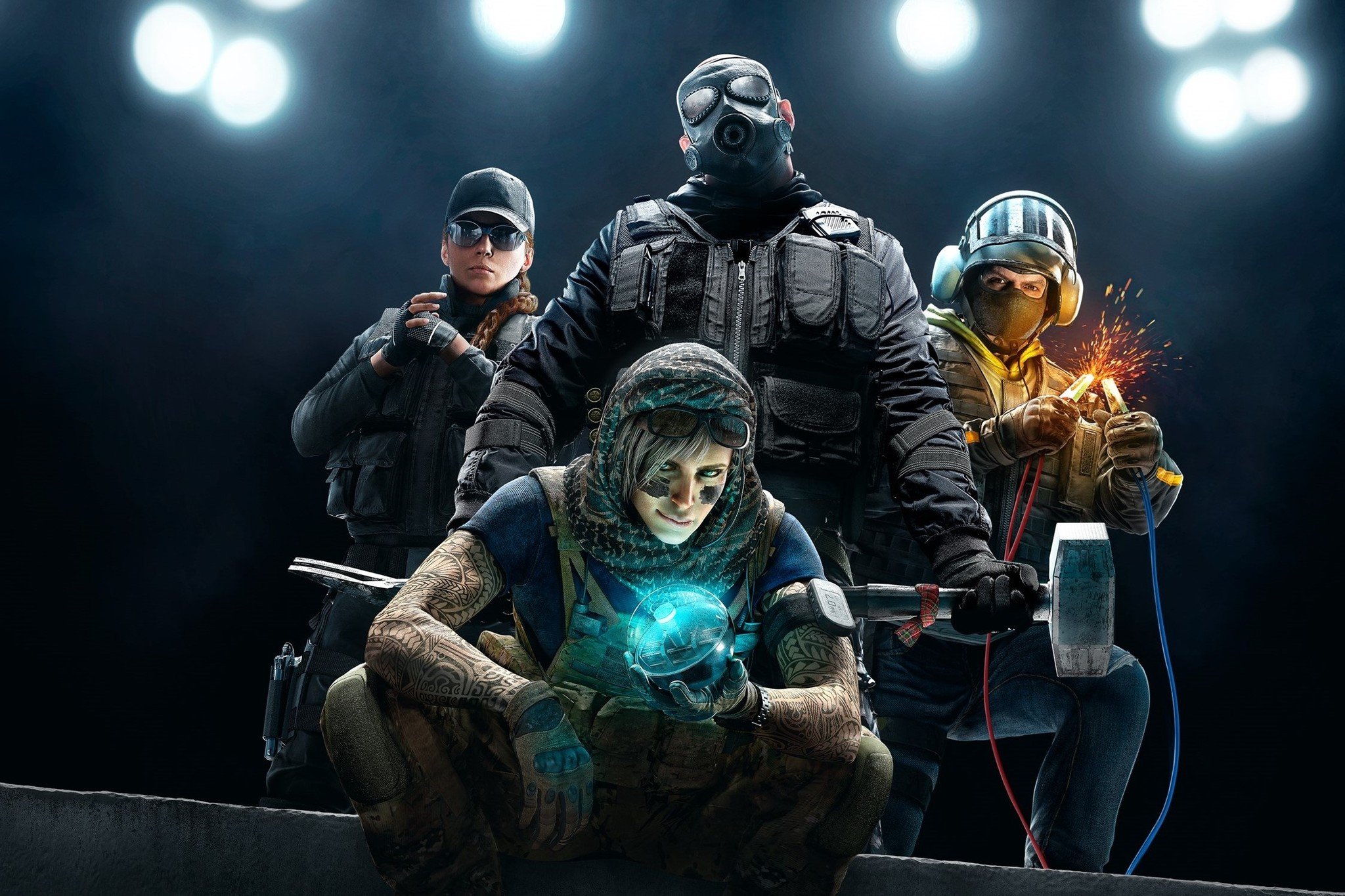
Ubisoft has gone to drastic measures such as disabling "all" chat by default, so you only ever read thoughts from half the players in a given match. The company has given people a multitude of muting and hiding options to make sure no player has to indulge another player's voice or text messages. Yet Ubisoft has taken it further, to the point where expressing basic frustration (not slurs, targeted harassment, or anything of a "more serious" nature) via mic or chat can result in a temporary or permanent ban.
Ubisoft's efforts to curtail rude speech are the equivalent of putting a Band-Aid on the Titanic.
In concept, this strictness is good, as it's intended to enforce friendly competition amongst players. But again, that circles us back to the issue of what's toxic. Players can still taunt you verbally or textually in ways far worse than a simple "f&^* you." That goes unpunished, while bad words — spoken inside a game about brutally murdering people acting out terrorist attack scenarios, no less — receive near zero tolerance.
It'd be one thing if Ubisoft applied this hardline approach to all of the game's toxicity issues, but here's the problem: Ubisoft doesn't. All of the aforementioned numbered toxicity items in Siege run rampant. Ubisoft's efforts to curtail rude speech are the equivalent of putting a Band-Aid on the Titanic and punish people for the simple act of venting or getting competitive when the real issues arise.
It often seems that the report buttons in Siege, the ones meant to help you flag griefers and troublemakers to Ubisoft, do nothing and have zero consequence. They're just there to make you feel good, much like BattleEye is supposed to, even when cheaters run rampant. The only tool in Ubisoft's arsenal of toxicity battling measures with any visible effect is the chat auto moderator, which is quite possibly the most effective operator in the game in terms of killing off players. No Jackal or Caviera will rack up as many eliminations as the chat auto moderator, even though half of those eliminated will likely be your own teammates.
Not an isolated problem
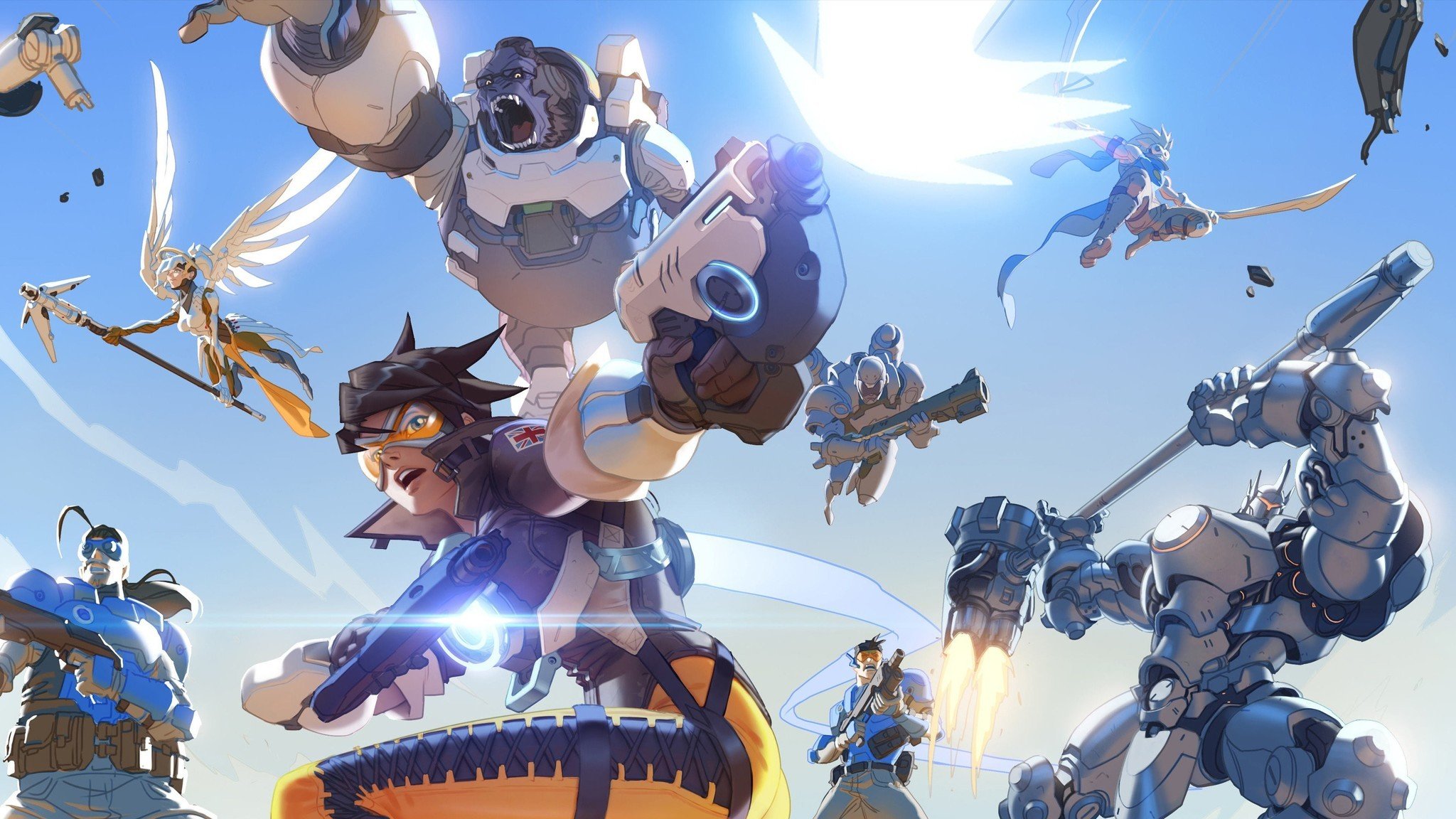
The issues that plague Rainbow Six Siege are not exclusive to it. If you recall the famous video titled "I'm Done with League of Legends" wherein YouTuber videogamedunkey formally quit LoL for good, he cited similar reasons for why he abandoned his game of choice. He broke down how the inner workings of the experience were inextricably linked to toxicity and that no amount of blacklisting players who said mean things would change the fact that the game's fundamental mechanics routinely led to anger.
Toxicity is alive and well, even if developers have deluded themselves into thinking otherwise.
And yet, toxicity ceaselessly plagues Rainbow, LoL, Overwatch, Call of Duty, and just about every other multiplayer experience in existence. It's almost as if the very nature of competition invites conflict, which produces speech and behavior that is not, strictly speaking, "nice." And by attempting to pacify people to such an extreme degree, developers and publishers are essentially forcing a boiling kettle to never overflow, preventing it from ever cooling down.
So, when the kettle boils and has no way to let off steam via sh*tposting, what happens? We then get a player base like Rainbow Six Siege's, where players spend copious amounts of energy and time figuring out how to anger others via in-game mechanics instead of speech, resulting in a game where teamkilling and sabotaging one's allies is commonplace. In an attempt to cure a disease by only seriously addressing a single symptom, Ubisoft and similar developers only make the overall illness worse while continuing to pretend that they've done a good job.
Look at Overwatch, wherein abusive text crackdowns are being cited as cures for the problem. And yet, anyone who plays knows this isn't true. Toxicity is alive and well, even if developers have deluded themselves into thinking that fewer mean words translate to a net decrease in overall bad behavior.
Bringing it full circle
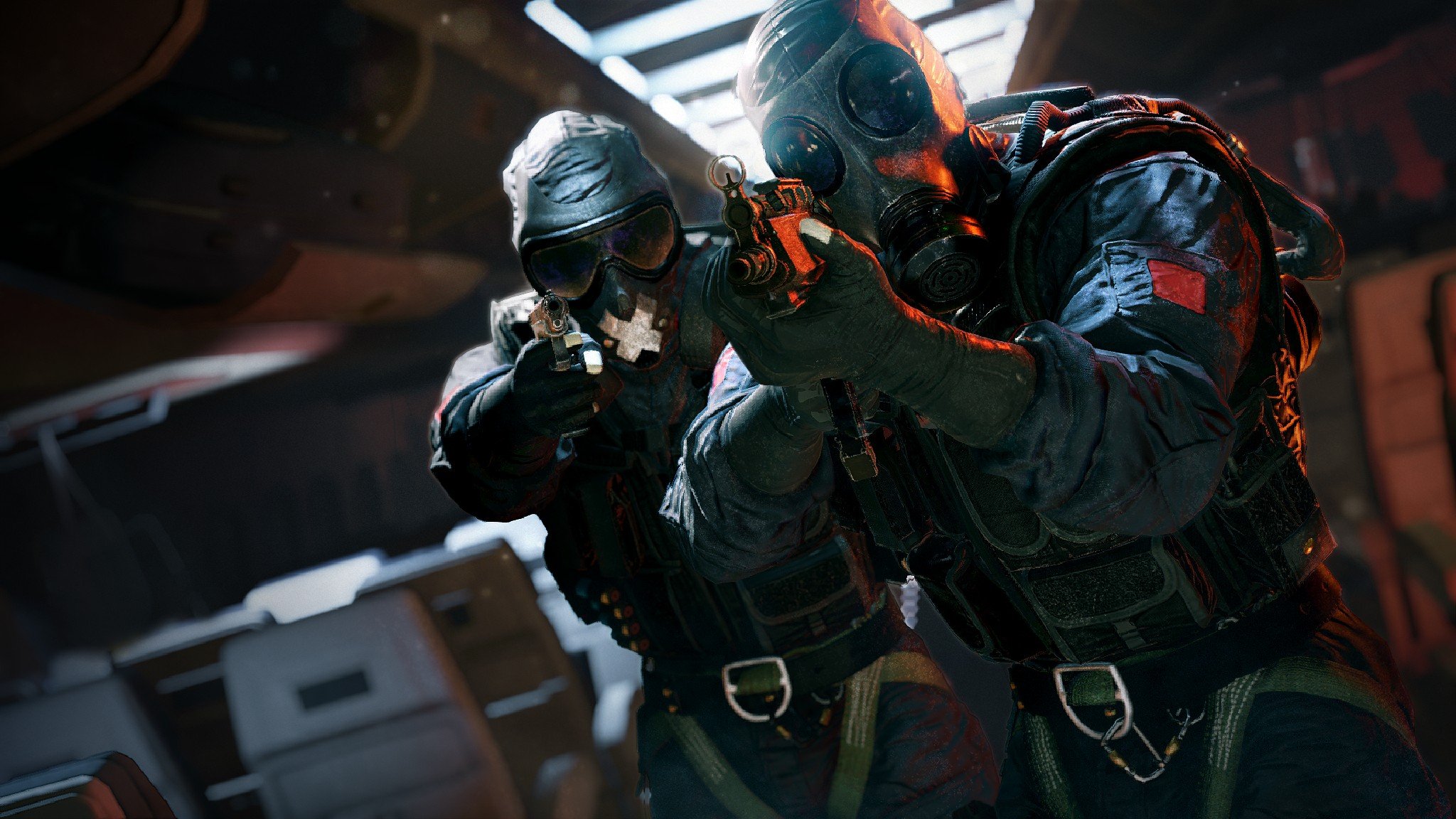
To make the point I'm trying to make, I have to take the stance of absolute freedom of speech and, at least when it comes to things as trivial as games and entertainment media, freedom from consequence. I do not think anyone should be prohibited or deterred from sharing their thoughts or from using any words they need to communicate said thoughts, so long as they're not actively threatening one's livelihood or physical safety. That's why you won't ever see me delete readers' comments here on Windows Central, regardless of what they say (though I cannot speak for my colleagues in this respect, nor should I).
With that said, I'm not here to encourage little Timmy from Idaho to hop on his Xbox Series X and shout racial slurs and abusive language at people; that sort of behavior isn't productive or healthy, and if a game gets someone in the mood to act that way, the ideal solution is that they find a game that makes them happier. However, I also don't think such behavior is the real foundational issue we all need to be focusing on. That aspect of toxicity can be muted or ignored. The root cause of said behavior is what we need to handle.
Chat abuse in games is a symptom of real problems, be they bad parenting, bad influences, anger issues, or the natural consequence of video game experiences deliberately designed around getting under people's skins as much as possible. I can't do much about people's parenting styles or individuals' anger management problems, but here's the deal: If a game is designed for toxicity like Rainbow, League of Legends, and others are, let the troubled people who choose to play such games have their therapeutic venting space so that the negativity is not brought offline.
Alternatively, demand that developers strip out the inherently toxic elements so that such negativity is not actively bred in their games, though such an endeavor may be fundamentally impossible given the nature of the beast. But limiting communication is the equivalent of putting a layer of bubble wrap over a jagged, rusty piece of metal. It's not fixing the issue; it simply shows how much deeper the problem really is. And if you choose to slam into that metal thinking the bubble wrap is enough to protect you from the real danger, don't be surprised when you get cut.

Robert Carnevale was formerly a News Editor for Windows Central. He's a big fan of Kinect (it lives on in his heart), Sonic the Hedgehog, and the legendary intersection of those two titans, Sonic Free Riders. He is the author of Cold War 2395.
